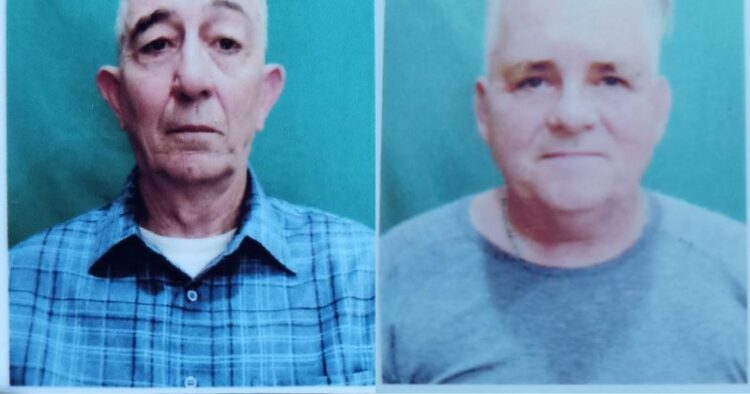Guwahati: In a recent incident in Tezpur city, Sonitpur district, Assam, two US citizens, John Matthew Bone and Michael James Flinchum, were detained for engaging in preaching activities on tourist visas. The duo entered India with e-passports, but their involvement in religious functions led to their arrest on February 3.
Acting on a tip-off, Sonitpur police apprehended Bone and Flinchum at Baptist Christian Hospital in Tezpur. A case (GDE 03/24) has been registered at Kacharigaon police station, accusing them of flouting visa rules by participating in religious events and delivering speeches organised by church associations.
The detained US citizens were fined US$500 and Rs 41,486 in Indian currency before being released on certain conditions. Authorities informed the Ministry of External Affairs (MEA) about the incident, issuing warnings to both individuals regarding their involvement in religious functions.
This incident echoes a previous case on 29th October 2022 when seven German missionaries were arrested in Kaziranga for violating visa norms. Similarly, three Swedish preachers faced deportation from Dibrugarh on 26th October for violating visa regulations and engaging in preaching activities.
The German missionaries attended religious meetings in Tinsukia, Golaghat, and Karbi Anglong districts, intending to extend their activities to Tezpur. However, as they were on tourist visas, participating in such religious activities was legally prohibited. Despite this, the detained Germans attended a function organised by a church association, leading to their arrest.
These cases shed light on a broader issue, as missionaries often enter Assam on tourist visas and later engage in preaching activities in tea gardens and tribal areas. Many incidents go unreported due to organisers maintaining secrecy, but authorities occasionally take action. Hindu organisations have revealed concerns about Christian missionaries targeting tribal and tea garden areas for conversions, a trend that reportedly surged during the Covid-19 period and continues to raise questions about the visa compliance of such activities.



















Comments